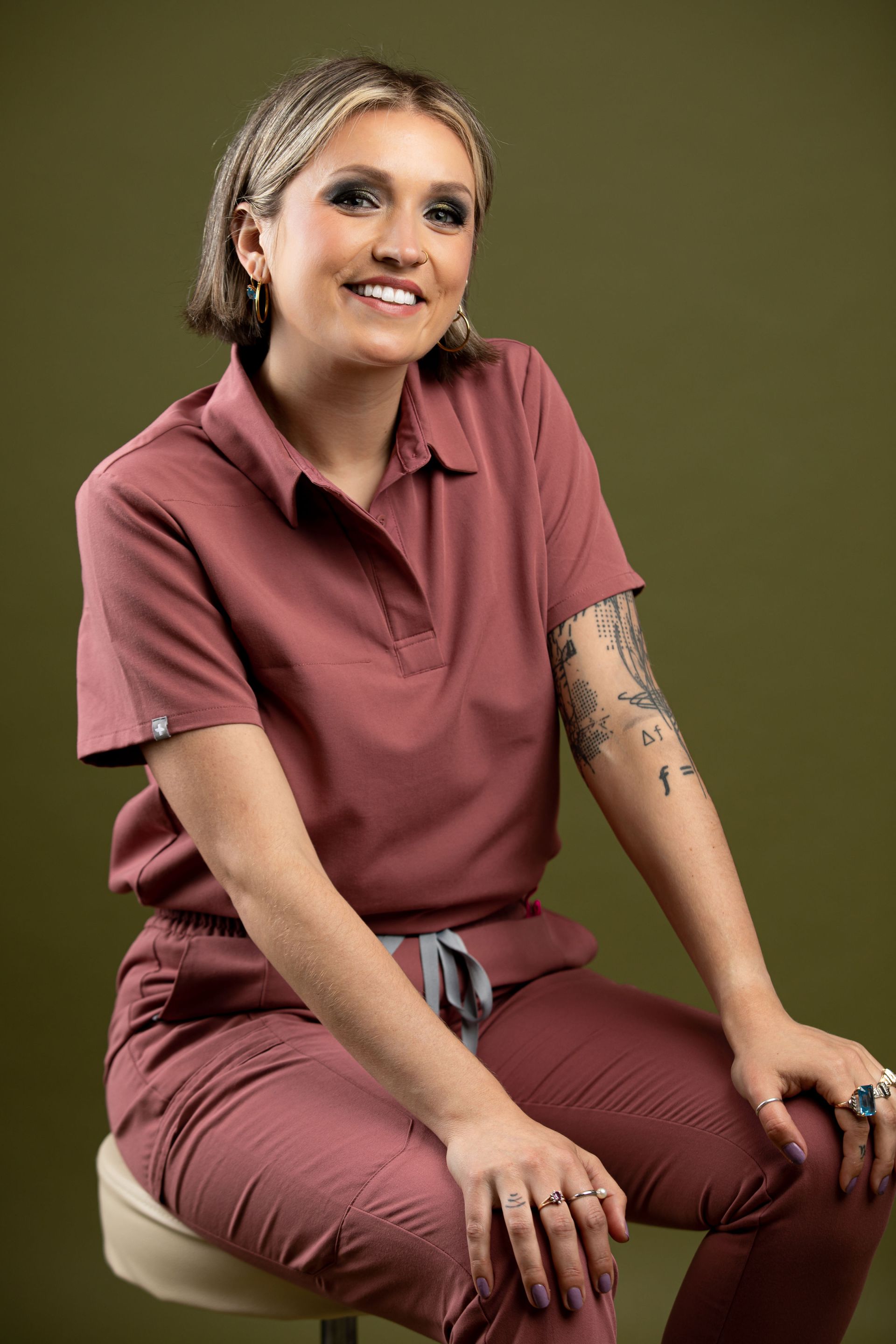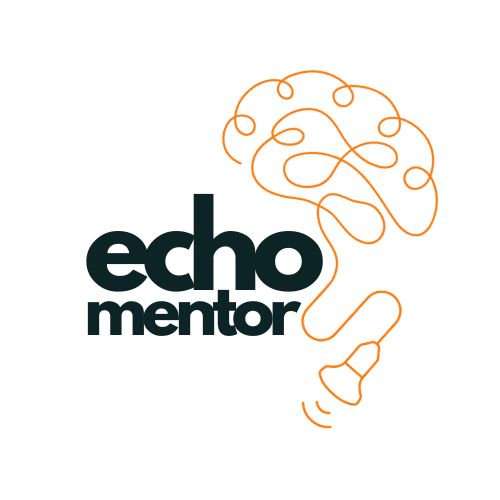Sonography Study Strategies: Body Doubling
When I think about my own experience as a sonography student, one thing is abundantly clear: I would not have made it without the support of my two best friends.
Sarah, Carly, and I spent countless nights turned to early mornings in our Scan Lab—Sarah The Condenser, Carly The Explainer, and me The Recorder. Each of us had a role within our little study group that played into our individual styles of learning:
Sarah, The Condenser, understands best when she sorts through the information and can identify the key points that make up the big picture. Carly, The Explainer, understands best when she has the freedom and time to dive deeper into those key points and really unpack the details. I, The Recorder, understand best when I can listen and write ideas down in an organized manner. Most importantly, we all truly reach our highest comprehension when we can focus on a topic with our individual learning styles, having active conversations with one another so we don't miss anything important, and teaching each other in the process.
Years into my sonography career, when I was initially diagnosed with ADHD, I learned that there's a term that the neurodivergent community uses to describe this strategy– “body doubling." Basically, when someone is there with you, doing the hard thing you’re doing, too– everything becomes more manageable and less overwhelming. Simply put, getting stuff done, especially tough stuff, is easier with a friend.
Body doubling is such an effective success and productivity tool, that these days there are even apps and websites dedicated to assign you a body double in order to help you focus and get things done! Check out Dubbii or Deepwrk if you're curious. But thankfully, in the field of sonography, you'll likely never be short on individuals to team up with.
In fact, at the end of your formal ultrasound education journey, you will find that no one on this planet can relate to such an experience like those you went through it with. To sonography students everywhere, I cannot express enough how beneficial it is to lean into this bond. We are not meant to do everything ourselves; we are meant to function in community—and this ultrasound community is one very special collective. Years into my career, I know that my coworkers have and always will, be there to support me while we provide that community to each other as we body double through challenging examinations, caseloads, projects, or anything professional life decides to toss our way.
I write this blog post infinitely inspired by my students, who only a year ago I was emphasizing the importance of building a community to at the start of their own ultrasound education. Soon after, I found them unexpectedly together having come to lab after clinical—studying, writing on the board, reviewing images. It was such a surreal moment that took me right back to a late-night study session with my own study crew at RIT. My students may have barely known each other at the start of this year, but they heard me when I told them how valuable it is to embrace the “body double”. Now, they are absolutely thriving—cheering one another along as they interview for future positions, and extending that same warm hand to the new class behind them. This is mentorship in its truest, most powerful form.
So, if you’re an overwhelmed sonography student reading this, or you're seasoned in your career but struggling to focus and be productive in the way you need to, know that you are not alone. Know that some of the most enriching and fulfilling relationships are coming your way, and embrace each and every one of them, for within your community is your success. Neurodivergent or not, we can all benefit from collaboration with others.
For more advice on how to tackle the beast that is sonography education, be sure to download our FREE EchoMentor Sonography Student Survival Guide!
About the Author


